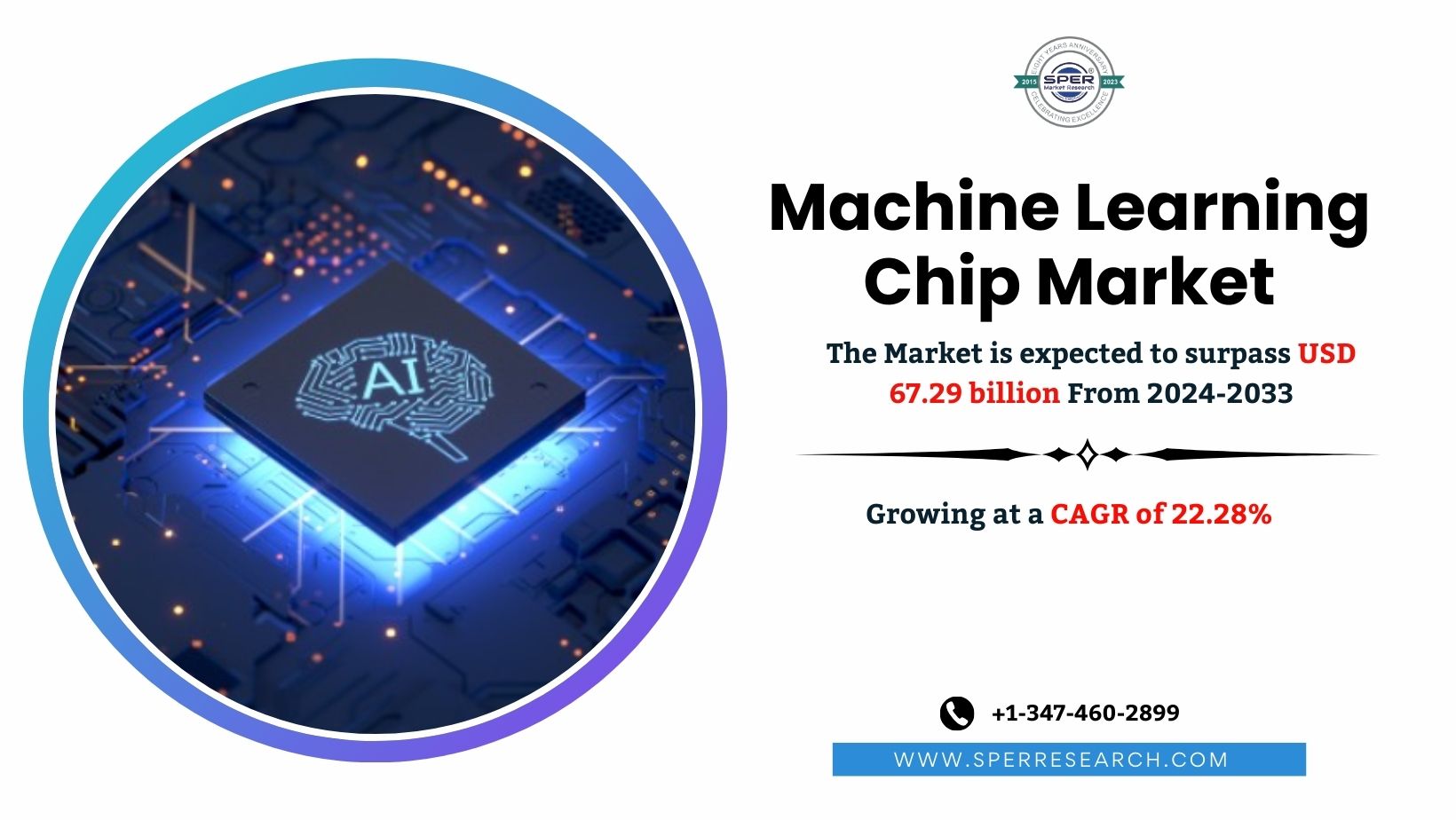The Internet of Things (IoT) has brought about a transformative wave across industries, and the gaming world is no exception. The impact of IoT on game development is substantial, offering a realm of innovation that every mobile game app development company and gamer alike can benefit from. Whether it’s enhanced connectivity, improved user engagement, or real-time gameplay experiences, IoT is shaping the future of gaming.
For mobile game app development companies, this evolution represents both an opportunity and a challenge to create more dynamic and connected games. Let’s explore how IoT is influencing the game app development industry and what it means for the future of gaming.
The Role of IoT in Game Development
Enhanced Connectivity and Immersive Gameplay
IoT-enabled devices allow games to connect seamlessly with various smart devices, creating an ecosystem of immersive experiences. Gamers can integrate wearables, voice-activated devices, and even smart home systems into their gameplay. For instance, fitness-based games now utilize wearables to track physical activity, adding a real-world element to virtual gaming.
Real-Time Data Utilization
IoT facilitates real-time data collection and processing, which enhances the responsiveness of games. Developers can use this data to create adaptive gameplay that reacts to user inputs and environmental factors, providing a personalized gaming experience.
Smart Hardware Integration
IoT devices such as augmented reality (AR) glasses, haptic suits, and motion sensors are redefining interactivity. These technologies enable players to feel more connected to the gaming environment, enhancing their overall engagement. Mobile game app development companies are increasingly integrating IoT hardware to stay competitive.
Key Impacts of IoT on Game App Development
Improved User Engagement
IoT-powered games can adapt to a user’s preferences by analyzing their behavior and gameplay history. This personalization ensures that players remain engaged for longer periods, leading to increased retention rates.
Enhanced Security
With IoT comes a need for robust cybersecurity measures. Developers must secure IoT-enabled games against potential threats, including data breaches and unauthorized access, to build trust with users.
Advanced Monetization Strategies
IoT devices open up new monetization avenues for developers. For example, in-app purchases can be enhanced with IoT-driven features such as personalized recommendations or exclusive content that integrates with smart devices.
Multiplayer and Social Gaming Evolution
IoT fosters better multiplayer experiences by enabling seamless connectivity between players and devices. Whether it’s through IoT-linked VR headsets or smart controllers, gamers can enjoy smoother and more collaborative gameplay.
Challenges in IoT Game Development
High Development Costs
Integrating IoT features into games often requires specialized hardware and software, which can drive up development costs. For startups and smaller game development companies, this can be a significant hurdle.
Connectivity Issues
IoT gaming relies heavily on stable internet connections. Any lag or connectivity issue can disrupt the gaming experience, making it essential for developers to address this challenge.
Data Privacy Concerns
IoT-enabled games collect vast amounts of user data, raising concerns about privacy and security. Developers must comply with data protection regulations and implement robust security measures.
Trends Shaping IoT Game Development
Cloud Gaming Integration
Cloud gaming services, combined with IoT, are allowing players to access high-quality games across devices without the need for extensive hardware. This trend is making gaming more accessible and affordable for a wider audience.
AR and VR Convergence with IoT
IoT is driving the convergence of augmented reality (AR) and virtual reality (VR) technologies in gaming. These innovations enable players to experience hyper-realistic environments, making IoT games more captivating.
Gamification Beyond Gaming
IoT is extending gamification to non-gaming areas, such as education and fitness. Mobile game app development companies are creating apps that blend entertainment with productivity, making everyday tasks more engaging.
Steps for Integrating IoT into Game Development
- Understand the Target Audience: Identify how IoT features can enhance the gaming experience for your audience.
- Choose Compatible Hardware: Ensure that the IoT devices you plan to integrate align with your game’s objectives.
- Focus on Security: Prioritize data protection and comply with industry regulations.
- Leverage Real-Time Analytics: Use IoT to gather real-time data that can improve gameplay and user experience.
- Test Thoroughly: Conduct extensive testing to ensure that IoT features work seamlessly with the game.
Conclusion
IoT is transforming the game app development industry, offering endless possibilities for creating more interactive, engaging, and innovative gaming experiences. From personalized gameplay to advanced monetization strategies, IoT is paving the way for a new era in gaming. However, developers must navigate challenges such as high costs and data privacy concerns to harness its full potential. For mobile game app development companies, the integration of IoT is no longer a luxury but a necessity to stay ahead in this dynamic industry.
FAQs
- How does IoT enhance mobile game development?
IoT enhances mobile game development by enabling real-time data collection, integrating smart devices, and creating personalized gameplay experiences. - What are the challenges of integrating IoT in game development?
Challenges include high development costs, connectivity issues, and data privacy concerns that developers must address effectively. - Which IoT devices are most commonly used in gaming?
Common IoT devices in gaming include AR/VR headsets, smartwatches, fitness trackers, and motion-sensing devices. - How does IoT impact multiplayer gaming?
IoT improves multiplayer gaming by offering seamless connectivity, enabling smoother interactions, and fostering collaborative gameplay. - What role does data security play in IoT gaming?
Data security is crucial in IoT gaming to protect user information and ensure a safe gaming environment, which builds trust among players.



